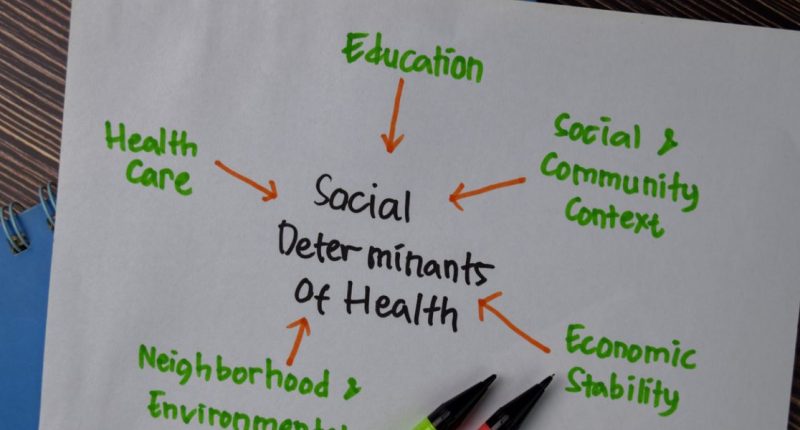Teenagers from a low household income are more likely to develop prediabetes compared to those from wealthier families, a new study has indicated.
Academics from the University of Pittsburgh (UP) and the UP Medical Center have found that not having private health insurance and food insecurity are also associated with an increased risk of prediabetes.
Experts believe that prediabetes could be detected early if we started screening for social determinants of health – non-medical factors that influence health outcomes.
- Cinnamon supplements reduce blood glucose in people with prediabetes
- Vitamin D: a key to preventing progression of prediabetes
- New web site to support the UK’s 3.6 million people with prediabetes
Lead author Dr Mary Ellen Vajravelu said: “This study underscores the importance of using social factors, which are modifiable — meaning that we can address them — to understand and reduce diabetes risk in adolescents as opposed to personal, non-modifiable characteristics like race and ethnicity.
“Many medical guidelines are moving away from the use of race and ethnicity to determine care and screening practices because it can exacerbate disparities instead of reducing them.”
Having prediabetes means that your blood sugars are higher than usual, but not high enough for you to be diagnosed with type 2 diabetes.
Individuals living with prediabetes are at an increased risk of going on to develop type 2 diabetes.
Dr Vajravelu noted: “In our clinic we see a lot of adolescents with type 2 diabetes, which is a very serious condition when it starts in childhood.
“Current guidelines for identifying children at high risk for type 2 diabetes and prediabetes use characteristics such as body size, race, ethnicity and family history, but those risk factors still don’t fully explain who presents with type 2 diabetes in childhood.”
This work is published in the journal JAMA Network Open.







